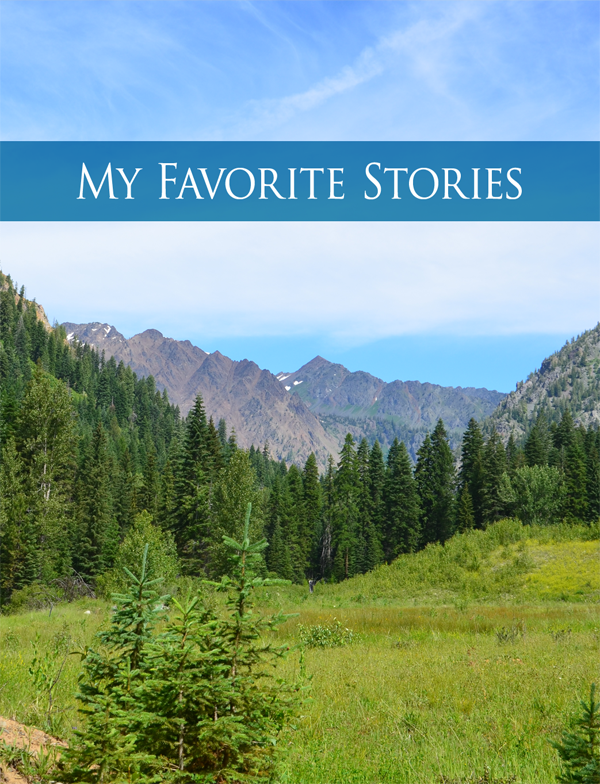A Boy and His Sheep
When I was nine or 10 years old my father, a cattleman, bought me 13 Columbia ewe lambs. Over half a century has passed since that time, and suddenly I find myself wondering, why did he do that?
There had never been sheep on our farm. They were in the way. They occupied space that a few more head of cattle might occupy. They ate valuable hay and grass. My three older siblings never had sheep. True, they had pigs and horses and cows, but why did my father set me up with 13 sheep? The only answer I can come up with is that he wanted his boy to learn responsibility and how to work.
I remember going with Dad to Charlie Simpson’s place to pick out my lambs. It was hugely exciting. To this day I can’t go by that field in Pocahontas without thinking, “That’s where I got my sheep.”
My young ewes each had their own personality and looks. I quickly learned to distinguish one from another, and gave each a name. There were Cutie and Thumper and Kicker and Jumper and Cheviot and Motherly.
They were a lot of work, but I loved my ewes. I had to build a corral (a big job for a 9-year-old boy), and pen my sheep up every night to keep them protected from coyotes. I had to fix the perimeter fences in the field where they grazed so that they wouldn’t get out. I had to keep their hoofs trimmed, and treat cases of foot rot. Taking care of their feet required that 100-pound me had to learn how to throw and control a 250-pound sheep. I had to keep salt in front of them. I used rock salt so that I could mix tobacco with it to keep them from getting worms. At the age of ten I was one of the local grocery store’s best customers for tobacco. I bought it in big cans—no questions asked, and no ID required.
One of my ewes died soon after I got them. The others presented me with eight lambs the next spring. It was a thrilling experience when I went out to the sheep pen that frosty March morning and found the first baby lamb.
Motherly got her name because of her protective motherly instincts when she had her first baby. In subsequent years she augmented her motherhood by presenting me with triplets. It was one of her offspring, I think, that committed suicide by hanging. That was a sad day. The big lamb put his head through a loop of rope that was hanging down from an apple tree, turned to the side, realized he was caught, fought the rope, kept turning in the same direction (which further tightened the rope), and strangled himself. I was sick about it, especially since I was the one who had left the rope there.
That was the same year my older, married sister came to visit and brought their dog, Juno. I remember Juno’s name because she mangled another of my lambs when she wasn’t being watched.
I learned about work from my sheep. I had to feed them every day through the winter. I also learned about death and disappointment and record keeping and finances. I sheared my sheep, weighed each fleece, and could tell you which ewes produced the most wool and the best lambs. I kept ewe lambs each year. My flock grew, and so did my bank account. I was the only 12-year-old kid I knew who had his own checkbook.
By the time I was 15 my flock of sheep had grown to such an extent that Dad realized my sheep were displacing a lot of cows. He had me sell them, and exchange them for cows that I chose from his herd. That herd grew, too. By the time I started college my flock of sheep had become a herd of 21 cows.
I was rich. My wealth was in a father who loved his son so much that he sacrificed part of his own income so that his boy would learn how to work. I loved my sheep. I loved my cows. But most of all I loved my father. He made me what I am. My regret is that he’s gone now, that I’ve only just now come to realize what he did for me, and that he’s not here so that I can thank him.
—James E. Kerns, 29 August 2011
